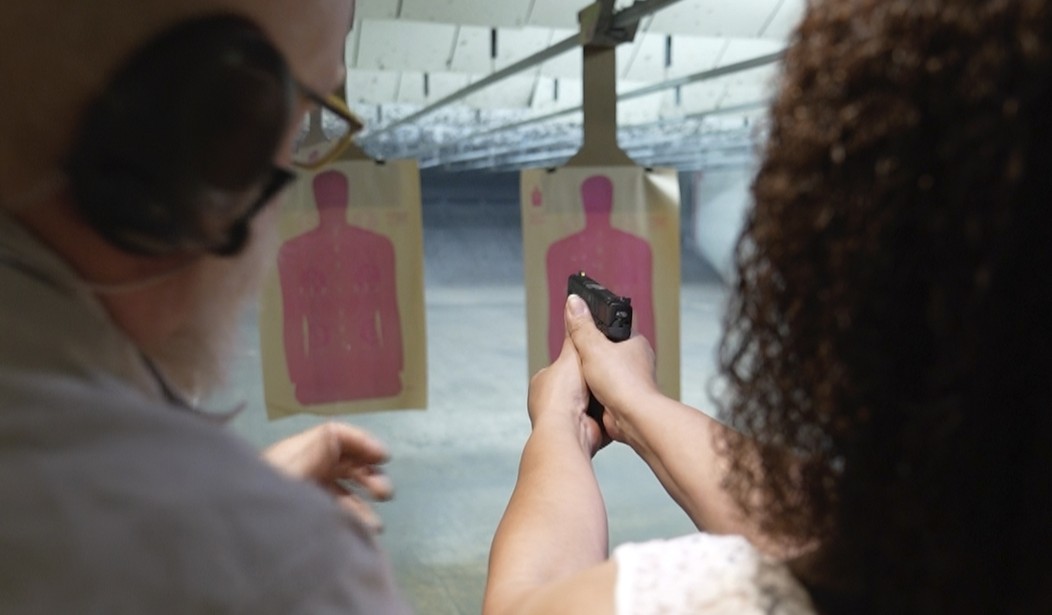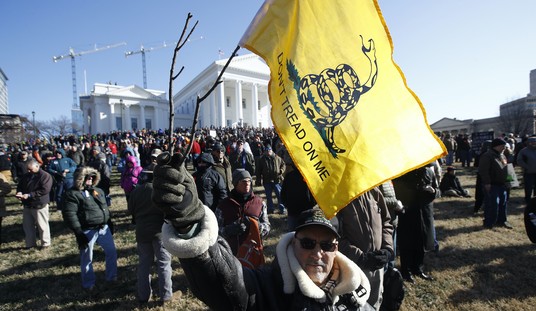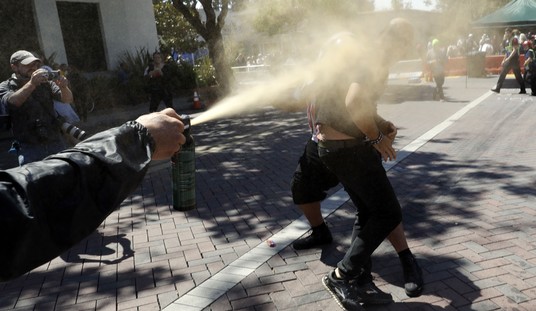Late last year a coalition of 2A groups, including California Rifle & Pistol Association, Second Amendment Foundation, and GOA filed suit against the Los Angeles County Sheriff's Department, the LaVerne Police Department, Attorney General Rob Bonta, the LA County sheriff, and the LaVerne police chief challenging the excessive wait times, exorbitant fees, and other issues that those seeking a concealed carry permit are forced to endure.
Now a federal judge in California has weighed in on the plaintiffs' request for an injunction. Though the judge declined to force the state to recognize out-of-state concealed carry licenses, he did recognize that there's a problem with California's current system, which doesn't allow for non-residents to apply for a California carry permit.
CRPA has finally received a ruling on its motion for preliminary injunction in CRPA vs. LASD, our case challenging various issues with CCW permit issuance in California, including lengthy wait times, high fees, discretionary denials, the psychological exam, and nonresident carry.… pic.twitter.com/UzJuR4YQL8
— CRPA: California Rifle & Pistol Association (@CRPAnews) August 21, 2024
It wasn't a great decision, as CRPA makes clear. The judge declined to strike down provisions requiring applicants undergo a psychological exam as part of the permitting process, and did nothing to stop cities like LaVerne from making carry permits so expensive that they're out of reach for many residents.
Plaintiffs argue that LVPD’s fees—which purportedly amount to between $900 and $1,200—surpass the fees of other California jurisdictions and are “dramatically more (many orders of magnitude more) than what citizens of other states pay,” pointing to fee regimes in Texas, Arizona, Utah, and Washington.
... The LVPD Defendants respond that Plaintiffs are “expand[ing] the holding of Bruen beyond the issue that was actually considered and ruled upon” and assert that there is no Supreme Court precedent holding that a particular amount of processing fees are unconstitutional. The LV Defendants also argue that footnote 9 in the Bruen opinion, which gratuitously suggests that licensing fees that are “exorbitant” may be unconstitutional, was mere dicta and, in any event, the LVPD’s fees are neither consistent with the dictionary definition of “exorbitant,” nor are they unreasonable. Instead, asserts the LV Defendants, the fee amounts are the amounts “needed to meet the requirements of the State’s CCW permitting laws,” and the City of LaVerne does not profit from the fees.
In asserting their respective arguments, neither party has addressed the Bruen framework at all. Ignoring their burden under the first Bruen prong, Plaintiffs instead cite to pre-Bruen tests to argue the unconstitutionality of fees, and do not endeavor to define—or even address—the conduct at issue and whether it falls within the protections of the text of the Second Amendment. The LV Defendants, for their part, have not submitted any historical analogues of Founding-era laws that imposed licensing fees and, instead, point to contemporary fees imposed by various jurisdictions within California.
... On this record, Plaintiffs’ arguments have provided no basis to grant their requestfor a preliminary injunction. Thus, the Court declines Plaintiffs’ Motion, insofar as itchallenges the constitutionality of LVPD’s fees.
The Supreme Court's holding that excessive fees are likely unconstitutional may be dicta, but so too was the Court's opinion in Heller that "machine guns and the like" aren't protected by the Second Amendment, and that hasn't stopped courts like the Seventh Circuit from using that language to uphold bans on semi-automatic long guns like the AR-15. There was plenty of evidence presented by the plaintiffs that the fees charged by cities like LaVerne are having a chilling effect on those trying to exercise their right to carry, in my opinion, and it's bitterly disappointing that the judge didn't offer those residents an avenue for relief.
Perhaps the biggest win for CRPA and the other Second Amendment groups was the judge's recognition that non-residents must have the ability to exercise their Second Amendment rights in California. Though the judge refused to require California recognize out-of-state permits, he did at least instruct the plaintiffs and defendants to figure out how to make that happen.
The judge also declared that an 18-month wait for a concealed carry permit is excessive, though he also left the door wide open for licensing authorities to take far longer than the 120 days required under California law to process applications. That gives agencies like the LASD far too much leeway to drag out the permitting process, and the delays are likely to continue as a result.
Tuesday's ruling was on a request for a temporary injunction, so CRPA v. LASD is far from settled. In fact, we're still in the relatively early stages of the litigation, and there's always a chance that the Ninth Circuit will grant the plaintiffs more of the relief they're asking for. Monday's ruling does contain some incremental gains for gun owners, but there's more work to be done before the licensing abuses can be curtailed.









Join the conversation as a VIP Member